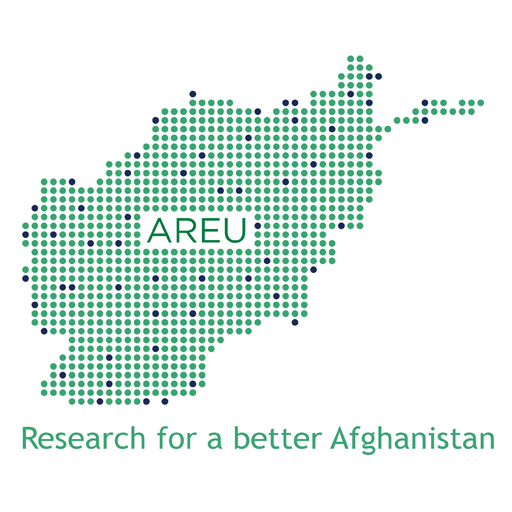
02 Feb The Right to Exist: A story of my trip to Nepal
Working for AREU is not just about research, it is also about advocacy and policy engagements, which includes traveling abroad for conferences, to train ourselves and to present AREU and its findings.
On 10 to 12 September 2019, I attended a workshop in Kathmandu, “Drugs and Human Rights in Asia: is there (in) justice?â€.. It brought together people from Asian countries, and this cultural diversity made the program much more interesting as sharing different stories and exchanging views was one of the factors that could generate a range of ideas and resulted in providing potential solutions for policy-making organisations.
I was very excited to travel to Nepal for the first time. When I reached my destination, what impressed me the most was the very similar culture with some other Asian countries I have visited, the hospitality, the smiling faces, and the cultural dances in all the events that took place during my stay in Kathmandu. However, it was not the whole story. There were some more important issues and challenges that we gathered to look at and to work on the policies.
While many other countries are revising their drug policies to reduce the punishment for drug users and offences, some Asian countries adopted policies that are more aggressive. This was one the reasons why the International Drug Policy Consortium (IDPC) held a three-day workshop with a number of lawyers from Asian countries to advocate for drug laws that would reduce the punishment for drug offences.Â
This workshop aimed to discuss a global challenge. All participants were raising different experiences but focusing on the same problem, the link between drugs and human rights violations, a global challenge that has taken the lives of many people.Â
From all the contents of this workshop, what forced me to look at the issue from a different perspective was the site visit of an organization providing harm reduction tools for women drug users in Kathmandu. A group of women gathered to work on harm reduction for women who use drugs, and we were visiting the site where they had been working.
One of them was holding a big bag on their back, and distributing syringes, pads, and many other things for women drug users in order to reduce the harm caused by drug use.
In addition to providing harm reduction tools for women who use drugs, this organization was working as a rehabilitation center. For the women who were ready to stop using drugs, the NGO provided the necessary tools for learning different arts and crafts/ métiers, and taught them the English language. They could make any handcraft things, sell it in the bazaar, and make money. They performed a play, and the drama they performed was showing the participants how they worked and what they were struggling with while they go to the fields to help women. This drama impressed every one of us.Â
These women were working very passionately and enthusiastically, although they were earning very little. This was a kind of motivation to all the participants to contribute in their own countries.
AREU is a pioneer in various forms of studies and research on drugs and livelihoods issues in the region, and provides a strong evidence base for policy and program making in the country. Attending such conferences gives us more knowledge about linking evidence-based research and analysis to practical steps in making people’s life better, especially for the most vulnerable segments of the society in Afghanistan.

